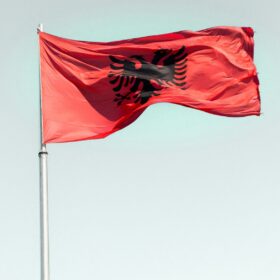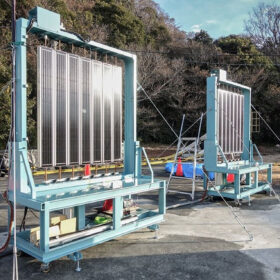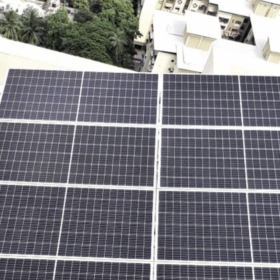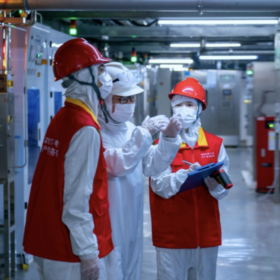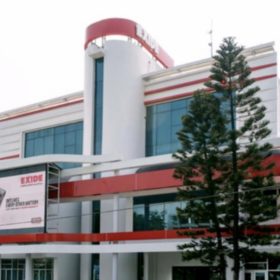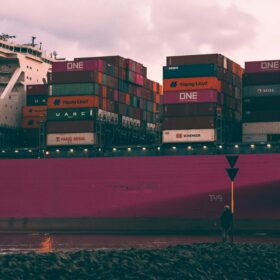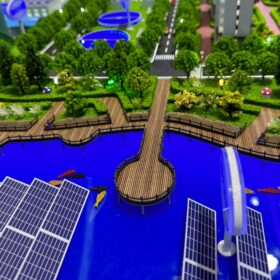Companies express interest in developing 235 MW of solar in Albania
The Albanian government has received requests from four companies looking to develop four separate solar projects located across the country.
Novel BIPV concept integrates louvers to enhance power production
Scientists have proposed a building-integrated PV system that integrates airflow to cool the panels and control room temperature. The system, which also acts as a shading device, can reportedly mitigate drops in power generation efficiency without additional energy consumption.
India’s rooftop solar scheme could drive $13.9 billion opportunity
India’s PM Surya Ghar Muft Bijli Yojana initiative (PM-SGMBY) could create a INR 1.2 trillion ($13.9 billion) opportunity for PV module, inverter, and component manufacturers, benefiting project developers and engineering, procurement, and construction (EPC) contractors, according to SBICAPS.
China begins building first GW-scale residential VPP
China is building its first gigawatt-scale residential virtual power plant (VPP) in Jiangsu province. The project will connect millions of high-power household appliances to a cloud-based energy pool to improve grid stability and boost renewable energy use.
India eyes self-reliance in battery cells with lithium recycling push
India could achieve self-reliance in battery cell manufacturing by domestically recycling lithium and reusing it in batteries, an Indian government official claimed this week at a battery manufacturing conference in in New Delhi.
Exide Industries invests $17.2 million in lithium battery plant in India
Kolkata-based Exide Industries has invested INR 1.49 billion ($17.2 million) in Exide Energy Solutions through a rights offering. The investment will support the construction of a greenfield lithium battery plant in Bengaluru, India, in addition to other funding needs.
China’s CGN New Energy announces winning bidders in 10 GWh BESS tender
CGN New Energy has selected seven winners from 50 bidders in its 10 GWh battery energy storage system (BESS) tender, with the lowest bid at CNY 0.458/Wh ($63/kWh).
UAE, Italy, Albania announce cross-border green energy cooperation plans
The United Arab Emirates, Italy, and Albania plan to cooperate on gigawatt-scale renewable projects in Albania and a cross-border transmission link to deliver power to Italy.
US bans five Chinese PV firms under Uyghur Forced Labor Prevention Act
Under the Uyghur Forced Labor Prevention Act (UFLPA), the US authorities have banned five Chinese companies from providing products and services in the United States.
Assessing floating PV costs across Europe
Researchers have analyzed the viability of floating PV in terms of net present value, internal rate of return, and LCOE. They included 25 European countries in their work, including Germany, the United Kingdom, Spain, and Italy.
